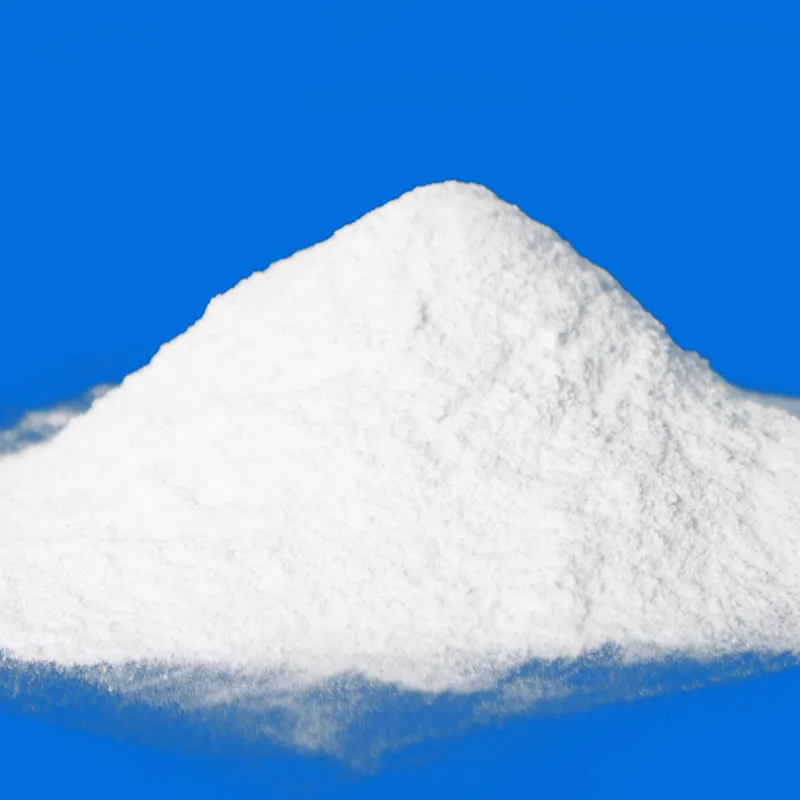
e951 food additive
Understanding E951 The Sweet Side of Food Additives
Food additives play a crucial role in food production and preservation. Among the plethora of additives, E951, commonly known as aspartame, has gained significant attention due to its widespread use as a low-calorie sweetener. Found in a multitude of products, from diet sodas to sugar-free gum, E951 offers an alternative for those looking to reduce their calorie intake without sacrificing sweetness. This article explores what E951 is, its uses, safety concerns, and the ongoing debate surrounding its consumption.
What is E951?
E951, or aspartame, is an artificial sweetener that is approximately 200 times sweeter than regular sugar (sucrose). It is a dipeptide composed of two amino acids aspartic acid and phenylalanine. Because of its intense sweetness, only a small amount is needed to achieve the desired taste, which is why it is often used in food products targeted towards individuals looking to manage their weight or blood sugar levels.
Uses of E951
Aspartame’s primary role is to replace sugar in various food and beverage items. You can find E951 in a broad range of products, including
1. Diet Soft Drinks Many brands of diet sodas utilize aspartame to provide sweetness without the calories that sugar would contribute. 2. Sugar-Free Products Many sugar-free gum, candies, and desserts employ aspartame to maintain a sweet flavor profile. 3. Tabletop Sweeteners Packets of aspartame-based sweeteners are commonly used as a substitute for sugar in coffee or tea. 4. Pharmaceuticals Some medications, particularly chewable tablets or syrups, use aspartame to improve palatability.
Safety and Regulatory Status
e951 food additive

The safety of aspartame has been a topic of scientific scrutiny and public debate since its introduction. Regulatory authorities worldwide, including the U.S. Food and Drug Administration (FDA), the European Food Safety Authority (EFSA), and the World Health Organization (WHO), have extensively reviewed the available research. These agencies have deemed aspartame safe for human consumption, setting an Acceptable Daily Intake (ADI) level of 50 mg/kg for the FDA and 40 mg/kg for EFSA.
However, certain individuals must exercise caution. Individuals with phenylketonuria (PKU), a rare genetic disorder, are unable to metabolize phenylalanine, one of the components of aspartame, leading to potentially harmful levels in the blood. Products containing aspartame must carry a warning label to inform individuals with PKU.
Controversies and Concerns
Despite the regulatory endorsements, aspartame has faced continued scrutiny from various groups and individuals. Some studies have suggested a potential link between aspartame and adverse health effects, ranging from headaches to more severe conditions like cancer. Critics argue that while approvals from health authorities are based on current research, new studies might provide different insights into its long-term effects.
The controversy has given rise to a variety of myths about aspartame, often leading to misinformation. It's essential for consumers to review credible sources of information and consult health professionals when making dietary choices.
Conclusion
E951, or aspartame, is a prevalent artificial sweetener that offers a low-calorie alternative for those wishing to enjoy sweet flavors without the extra calories. While regulatory bodies endorse its safety, continued research into its long-term health effects remains crucial. As with all food additives, moderation is key, and individuals should be informed and cautious, particularly if they have specific health conditions. Understanding food additives like E951 can empower consumers to make informed dietary choices, balancing enjoyment and health.
-
Buy High-Quality Trichloroisocyanuric Acid for Sale | TCCA 90% SupplierNewsAug.30,2025
-
Pure Sodium Dichloroisocyanurate Dihydrate | Powerful DisinfectantNewsAug.29,2025
-
Industrial Chemicals: Quality & Purity for Every IndustryNewsAug.28,2025
-
Nitrile Rubber Honoring Strict Production StandardsNewsAug.22,2025
-
Aspartame Ingredients Honoring Food Safety ValuesNewsAug.22,2025
-
Fertilizer for Balanced Plant NutritionNewsAug.22,2025
-
Cyanide Gold Processing with High Purity AdditivesNewsAug.22,2025
Hebei Tenger Chemical Technology Co., Ltd. focuses on the chemical industry and is committed to the export service of chemical raw materials.
-

view more DiethanolisopropanolamineIn the ever-growing field of chemical solutions, diethanolisopropanolamine (DEIPA) stands out as a versatile and important compound. Due to its unique chemical structure and properties, DEIPA is of interest to various industries including construction, personal care, and agriculture. -

view more TriisopropanolamineTriisopropanolamine (TIPA) alkanol amine substance, is a kind of alcohol amine compound with amino and alcohol hydroxyl, and because of its molecules contains both amino and hydroxyl. -

view more Tetramethyl Thiuram DisulfideTetramethyl thiuram disulfide, also known as TMTD, is a white to light-yellow powder with a distinct sulfur-like odor. It is soluble in organic solvents such as benzene, acetone, and ethyl acetate, making it highly versatile for use in different formulations. TMTD is known for its excellent vulcanization acceleration properties, which makes it a key ingredient in the production of rubber products. Additionally, it acts as an effective fungicide and bactericide, making it valuable in agricultural applications. Its high purity and stability ensure consistent performance, making it a preferred choice for manufacturers across various industries.





